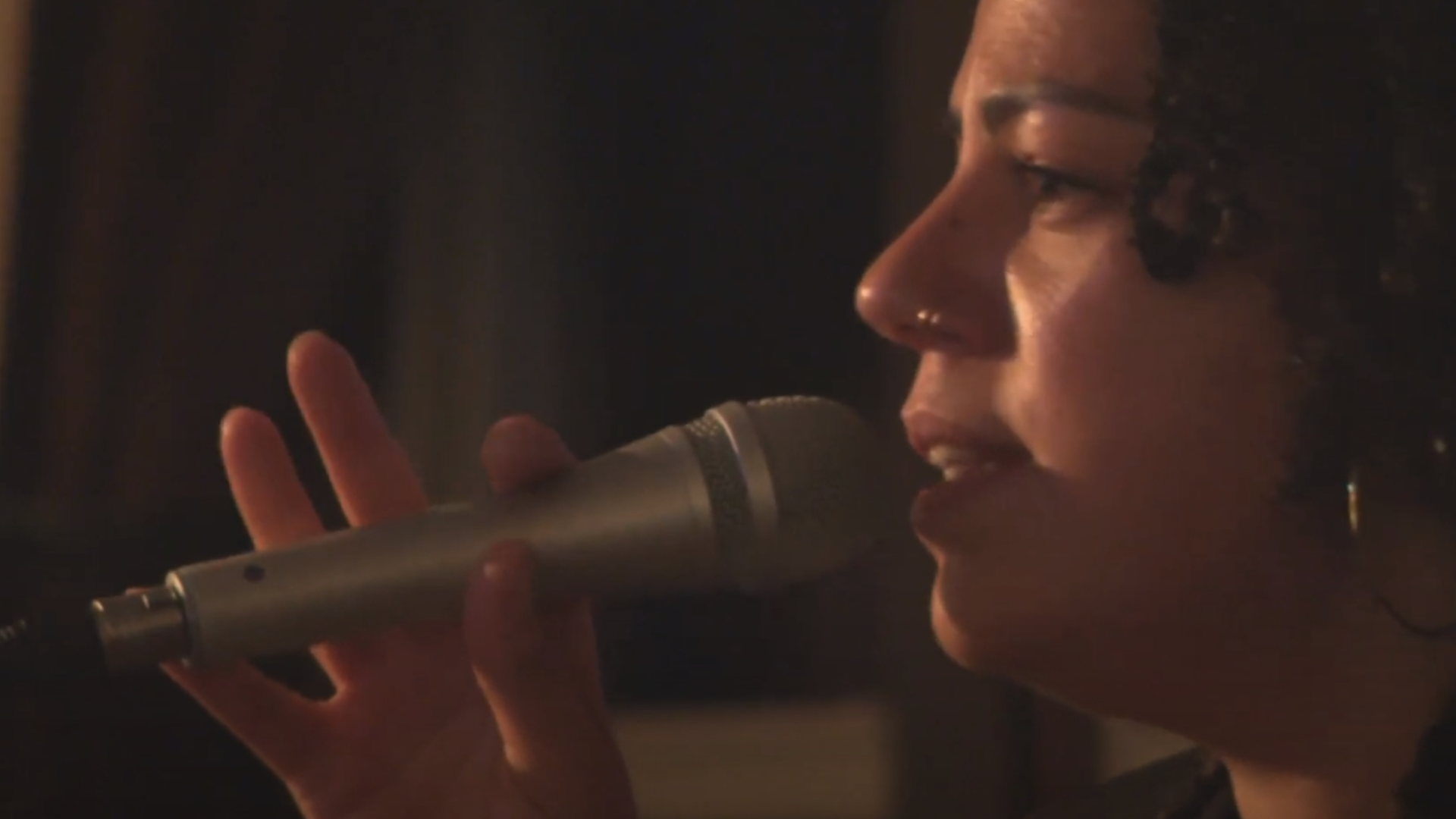PORTLAND, Oregon — On a recent spring night, a sweet jazz melody floats on a breeze suspended in rare Northeast Portland air.
As a dwindling few may know, it's the kind of night that could've been any night in that corner of the city, 60 years ago, a time when jazz and soul — headlined and fostered by Black musicians — wasn't just something Portland had — it was something the city was known for.
"The history is so far back and so storied that I couldn't even give it justice," said Woodlawn Elementary School teacher, Lionel Clegg, "but I would encourage people to go find out."
That nudge toward education from Clegg came on a night when he and others gathered at the Village Ballroom to raise money for the Woodlawn Elementary School Parent Teacher Association with its annual Jazz Night.
"Music is part of our community," said Clegg.
Among the guests of honor was Calvin Walker, a longtime Portland musician and producer. He began singing in jazz clubs when he was 12 years old and is now in the Oregon Music Hall of Fame. In 2015, Walker co-founded The Albina Music Trust, a community archive dedicated to restoring Portland's Black musical culture. It contains thousands of photos, videos and music, all bound by a troubling thread.
"A lot of it started in the Albina community," said Walker. "Sad as it seems, at one time, we were a segregated society, and so really what we've wanted to highlight was the fact that when people are left to their own devices, they can be very, very creative."
If the soul-shaking music born from that time had an epicenter, it would have been the corner of North Vancouver Avenue and North Tillimook Street. That's where The Cotton Club once stood. It was one of many Black-owned businesses that thrived in the Albina neighborhood in the 1960s.
The popular jazz and soul hotspot drew the likes of Etta James and Sammy Davis Junior, and one of the big reasons why was its owner, Mr. Paul Knauls. Knauls owned The Cotton Club until it closed in 1970. He went on to own and operate several other businesses, earning the nickname of "Mayor of Northeast Portland."
"When I was 92, I had things to do," quipped Knauls during the fundraiser. "Now, I'm 93, and I got places to be!"
Knauls, who was guest of honor at Jazz Night, loves to reminisce about the Portland of old, but he doesn't live in the past. He can't.
"The neighborhood's changed," said Knauls. "All the people who used to live in the neighborhood was forced out, and it wouldn't be the same if the Cotton Club was there now."
But for those willing to look for it, the jazz is still there.
"There aren't as many places to play as there used to be, but it still doesn't take away from what is here," noted Portland musician Charlie Brown III, who performed at Jazz Night.
"I just always find ways for myself to honor and respect the legacy but also push the boundaries and the envelopes of our generation's music and what it sounds like," said Brown.
Tahirah Memory is a second-generation Portland jazz musician. Growing up, she learned from just about every Portland legend who spent time at her home. She also shared her impress vocals with Jazz Night attendees.
"I try to come to these spaces and pour into them not just what I've got but whatever I was given," Memory said.
Portland's music scene is different than it was decades ago. But that's not a bad thing if you ask Memory, or those who enjoy soaking it in.
"It is the epitome of intimacy in music here in Portland," said Memory. "I think people want that. The arena is nice, but you come to Portland and you're going to get some really good food and you're going to be able to hear some good music most nights of the week."
Artists like Memory and Brown are confident the music won't stop with their generation, as long as people are still listening.
"Continue to support live music and all forms of it, not just jazz," urged Brown. "Because live music is the thing that keeps our communities and stuff like with a heartbeat to it."
This story is part of our series, Pacific Storyland. From the ordinary to the extraordinary, we'll bring you the most heartwarming and inspiring stories from where you live. Know someone you'd like to see featured? Let us know! Email us at PacificStoryland@KGW.com or text your story ideas to 503-226-5088.

